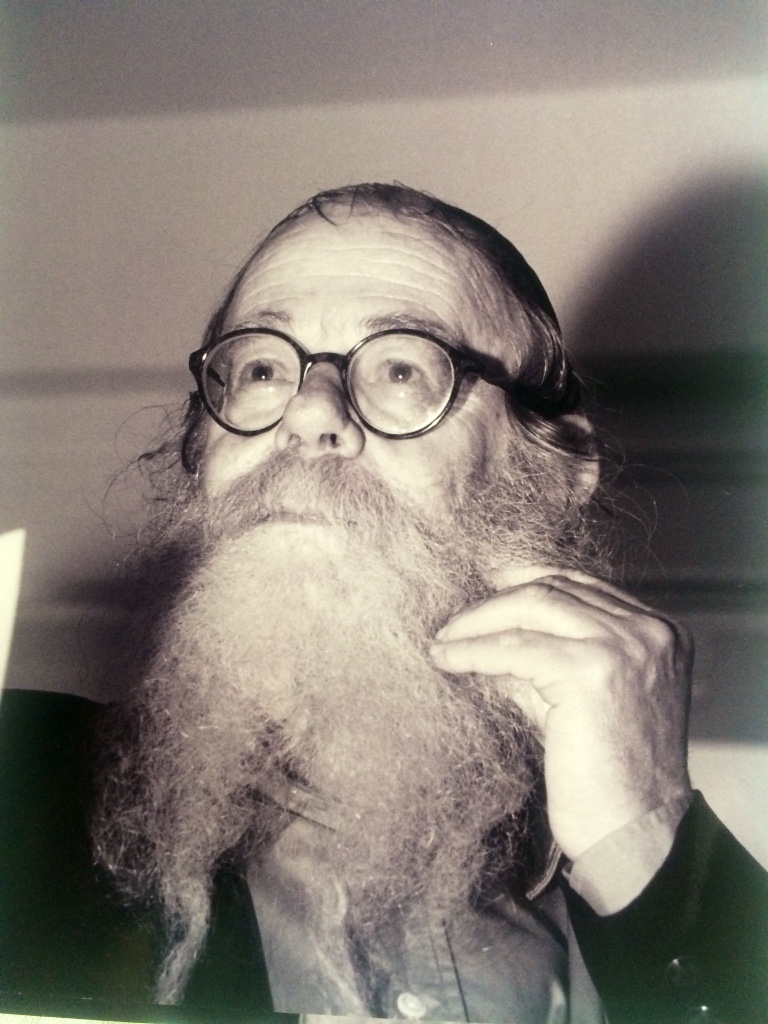The prevalent method of teshuva is to begin from the details, to delve into them, and to intensify one’s efforts in carrying them out.
Thus, we examine the transgressions we have committed and the degree to which we have carefully observed the various sections of the halakha, and we commit to improving ourselves in these areas.
There would seem to be nothing wrong with such an approach.
By paying careful attention to the Shulhan Arukh, by comparing our behavior to what is outlined in the Code of Jewish Law, one clarifies what is permitted and what is forbidden, thereby defining the boundaries of one’s life.
But that is the not the main object.
Above and beyond all the clarifications regarding the small details of what is forbidden and what is permitted, there is a more important question.
Indeed, if we neglect this question – if we fail to address it or take it seriously – we have in fact neglected the most essential part of teshuva.
Even if a person fulfills every last chapter and paragraph in the Shulhan Arukh and has a beard, side locks, and long tzitzit, it is still possible that he has a basic shortcoming that precludes him from being considered a human being.
He may be nothing but a “Jewish demon.”
Keeping all the laws will turn him, perhaps, into a Jew, but it will not yet be possible to call him a person.
The main distinction between someone who is a human being and one who is not is that a human being has a goal to which he aspires.
The totality of deeds and mitzvot that he performs has an overall objective.
A horse remains a horse even if tefillin are put on it daily, and it does not even become a holy horse because of them.
A person, too, can put on tefillin, keep mitzvot, study Torah, and do many more such things in the course of his life, yet there will still not be much of a difference between him and a horse.
The difference between a human being and an animal lies in the goal, not in the acts involving life’s details.
A human being must have a goal and a direction; therein lies his uniqueness. To be a human being, one must make the effort of seriously deciding upon a direction, a goal that one wishes to reach.
–Rabbi Adin Steinsaltz

